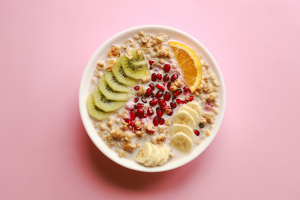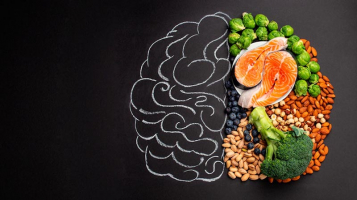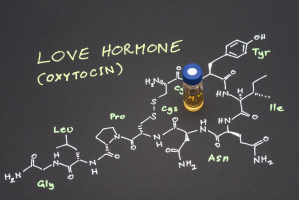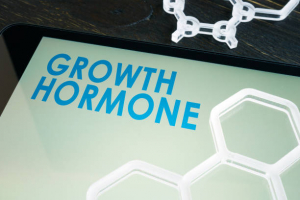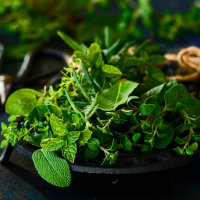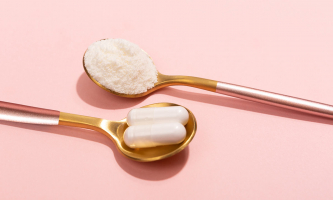Top 10 Best Nootropic Supplements to Boost Brain Power
Nootropics are natural supplements or medications that improve brain function in healthy people. Many of these can improve cognitive performance in general as ... read more...well as memory, motivation, creativity, and alertness. Nootropics may also lessen cognitive impairment brought on by aging. Below are some of the top Best Nootropic Supplements to Boost Brain Power!
-
Docosahexaenoic acid (DHA) and eicosapentaenoic acid (EPA), two types of omega-3 fatty acids, are abundant in fish oil supplements. Numerous health advantages, including increased brain function, have been associated with these fatty acids.
DHA plays a vital role in maintaining the structure and function of your brain. In fact, it makes up around 25% of the total fat and 90% of the omega-3 fat that are present in your brain cells. The brain may be protected from damage and aging by the anti-inflammatory properties of EPA, the other omega-3 fatty acid in fish oil. In healthy people with low DHA intakes, taking DHA supplements has been linked to better thinking, memory, and reaction times. People who are suffering a mild decline in brain function have benefited from it as well.
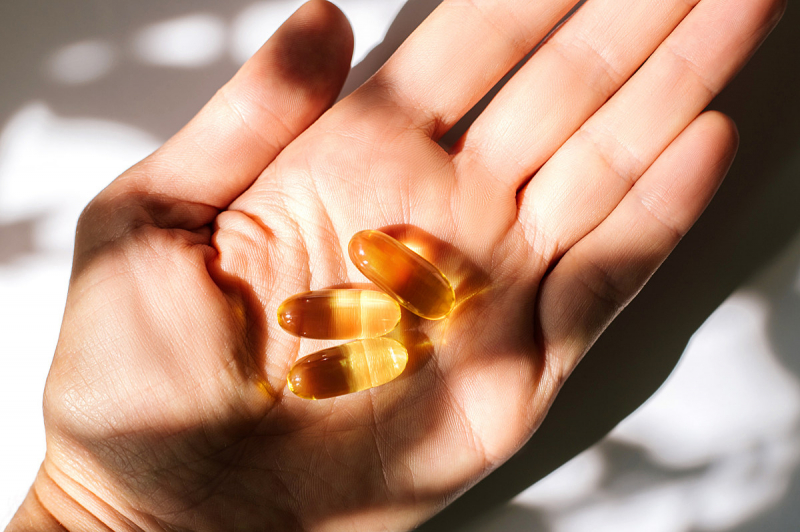
Fish Oils 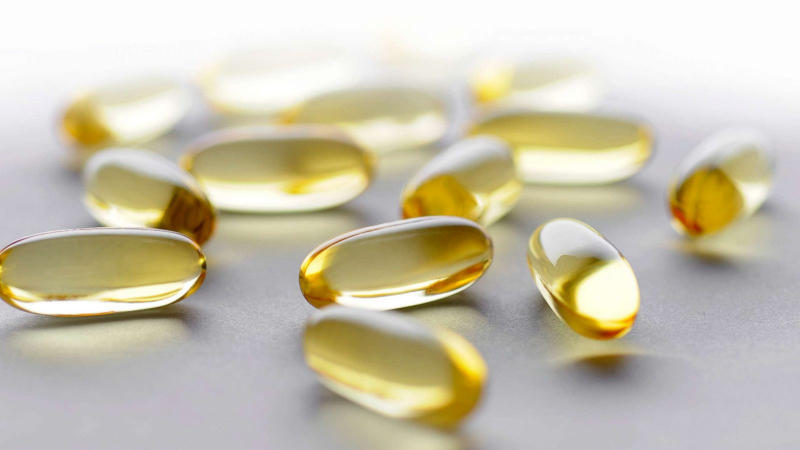
Fish Oils -
Resveratrol is an antioxidant found naturally in the skin of purple and red fruits like grapes, raspberries, and blueberries. Red wine, chocolate, and peanuts are also included.
The hippocampus, an essential part of the brain associated with memory, could be prevented the deterioration as a result of taking resveratrol supplements. This treatment could help delay the deterioration of brain function that comes with aging. Resveratrol has been found to enhance memory and brain function in animal tests as well. One research also discovered that consuming 200 mg of resveratrol daily for 26 weeks enhanced memory in a small group of healthy older adults. But there isn't enough human research done yet to be certain of resveratrol's benefits.

Resveratrol 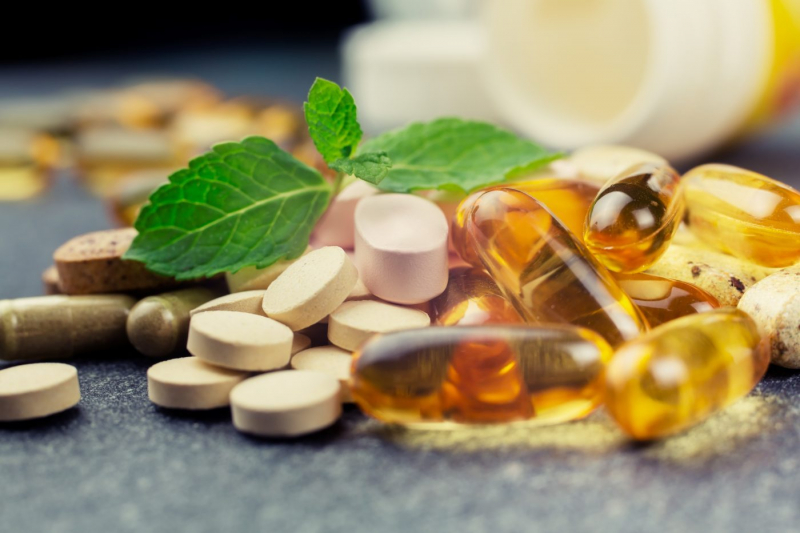
Resveratrol -
A substance called creatine helps athletes perform better by providing more energy to their muscles. It is also a crucial component of the brain, and some believe that it enhances cognitive function by improving energy supply and neuroprotection.
One study has shown that increased creatine intake results in improved brain function, similar to effects shown previously in muscle and heart. Creatine occurs naturally in small amounts in the brain and mostly in muscles throughout the body. Despite being a supplement, it may also be found in various foods, particularly in animal products like meat, fish, and eggs. It's noteworthy to note that those who don't eat meat might benefit from creatine supplements in terms of memory and clarity of mind.
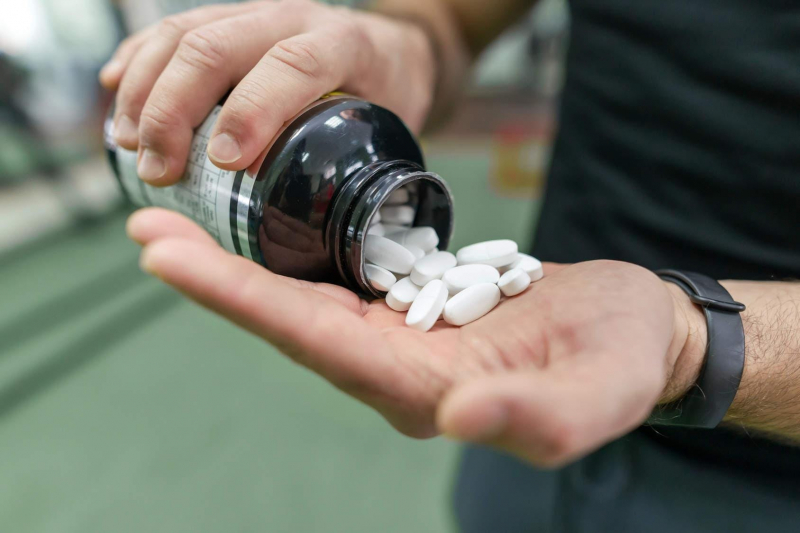
Creatine 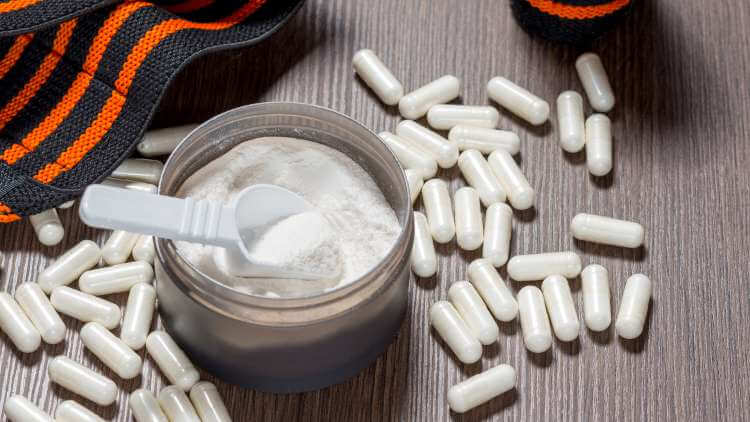
Creatine -
The most typical sources of caffeine are dark chocolate, tea, and coffee. There isn't much of a need to take it as a supplement when you can get it from these sources, even though it is possible to do so.
You will feel less tired and more alert thanks to the stimulation of your brain and central nervous system. Caffeine can increase your energy levels and enhance your memory, response speeds, and overall brain function, according to research. Although the quantity of caffeine in one cup of coffee varies, it typically ranges from 50 to 400 mg. Single doses of 200–400 mg per day are often regarded as safe for most people and enough to benefit health. However, consuming too much caffeine can have negative effects, including anxiety, nausea, and difficulty falling asleep.
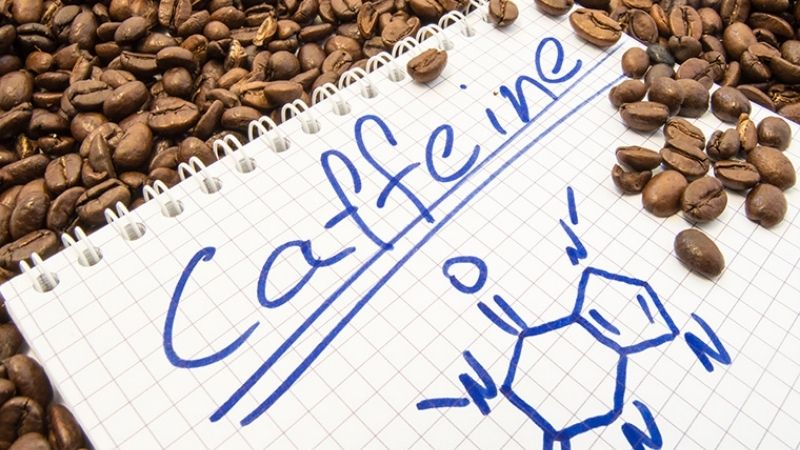
Caffeine 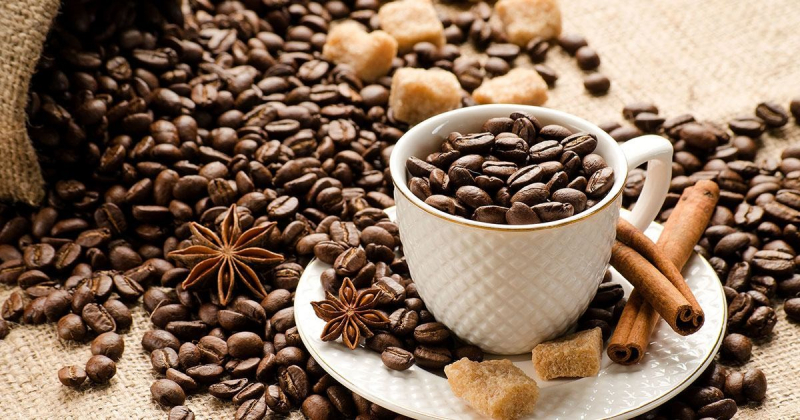
Caffeine -
Phosphatidylserine is a fatty substance called a phospholipid. It covers and protects the cells in your brain and carries messages between them. It’s been suggested that taking phosphatidylserine supplements may be beneficial for maintaining brain health.
Your brain and memory depend heavily on phosphatidylserine to remain sharp. According to animal research, this substance's level in the brain declines with aging. The age-related decline in brain function may be slowed by consuming 100 mg of phosphatidylserine three times each day, according to studies. It has also been demonstrated that healthy people who take phosphatidylserine supplements up to 400 mg daily have better thinking and memory. Before completely understanding its impacts on brain function, larger research must be conducted.
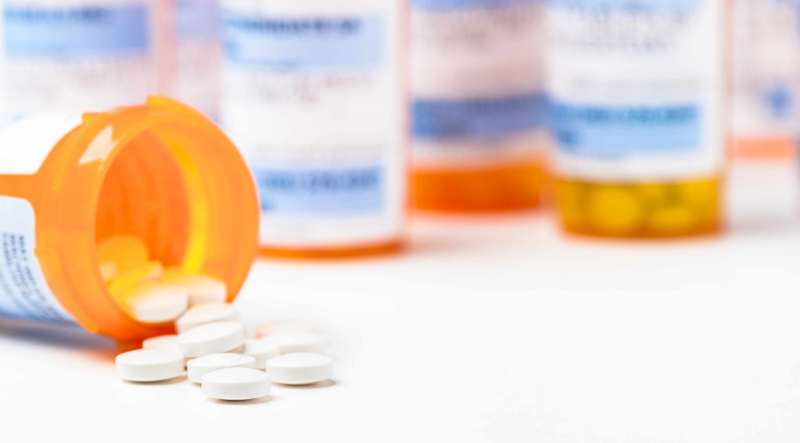
Phosphatidylserine 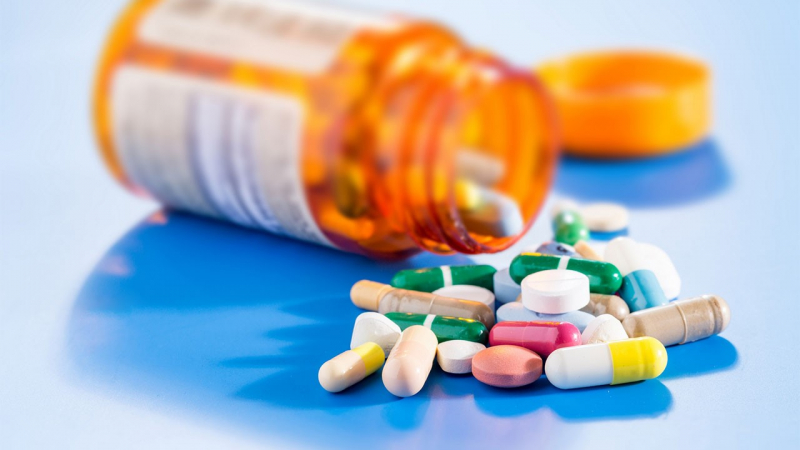
Phosphatidylserine -
The amino acid acetyl-L-carnitine is produced by your body naturally. It is crucial to your metabolism, especially for the production of energy. Acetyl-L-carnitine supplements are believed to increase mental alertness, enhance memory, and prevent age-related memory decline.
Supplemental acetyl-L-carnitine has been found in some animal studies to improve learning capacity and delay age-related decline in brain function. Studies on people have revealed that it could be a helpful supplement for preventing the age-related decline in brain function. Additionally, it could help those with mild dementia or Alzheimer's disease improve their brain function. However, there is little evidence to support its beneficial effects on other healthy people who are not experiencing a loss of brain function.
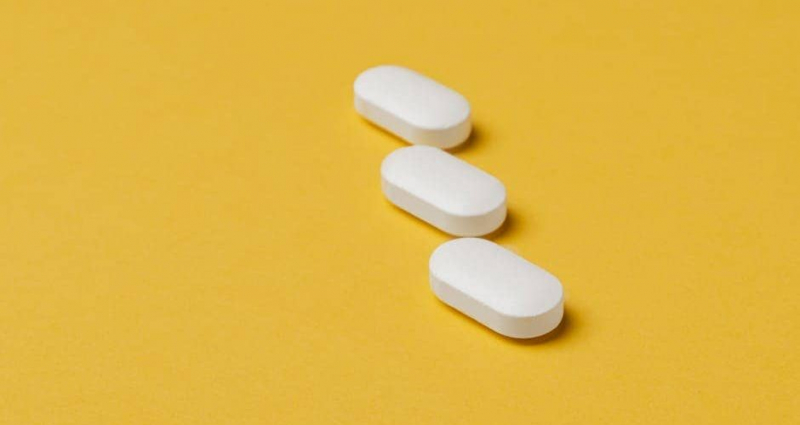
Acetyl-L-Carnitine 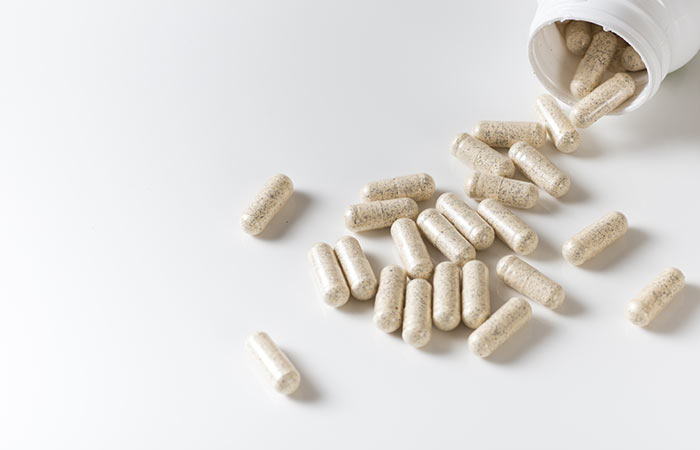
Acetyl-L-Carnitine -
Ginkgo biloba, often known as maidenhair, is a tree that is native to China and has been grown for thousands of years for a variety of uses. Most of the health benefits and uses for ginkgo supplements focus on brain function and blood circulation.
It is a widely popular supplement that many people use to boost their brain power. It is believed to improve brain functions like focus and memory and is thought to work by increasing blood flow to the brain. Despite ginkgo biloba's widespread use, the results of studies looking into its effects have been conflicting. According to some research, consuming ginkgo biloba supplements helps lessen the decline in brain function that comes with aging. One study found that consuming ginkgo biloba supplements benefited healthy middle-aged people's memory and thinking skills.
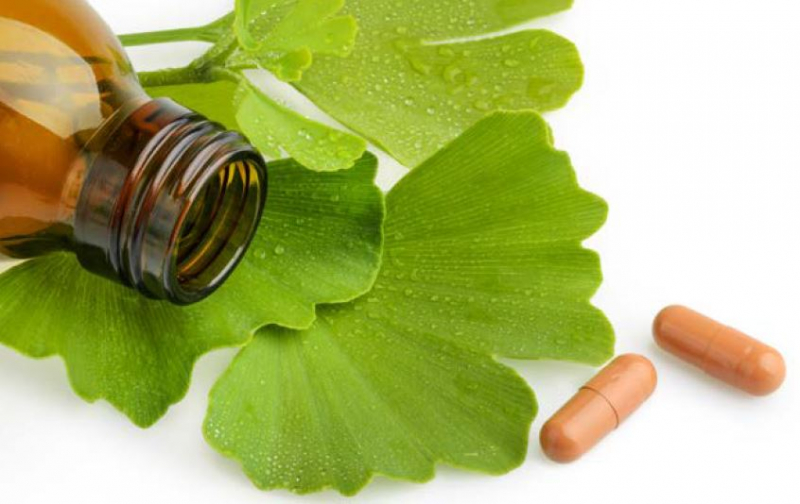
Ginkgo Biloba 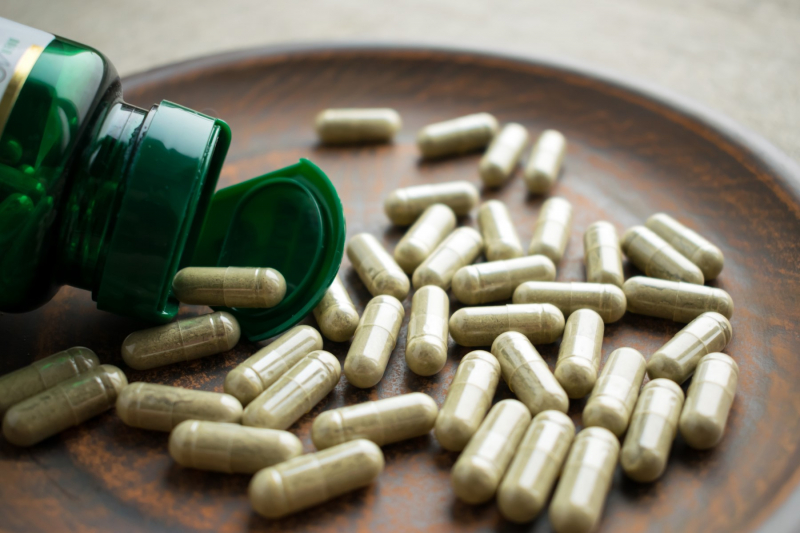
Ginkgo Biloba -
The plant known as bacopa (Bacopa monnieri) has been used for centuries in traditional Ayurvedic treatment. It is sometimes referred to as Brahmi. Some brain chemicals related to memory, learning, and thinking may be increased by bacopa. Additionally, it could protect brain cells against the chemicals linked to Alzheimer's disease.
It has been demonstrated to enhance cognition and memory skills in both young, healthy people and older people experiencing a decline in brain function. It's important to note, though, that only continuous usage of Bacopa monnieri has been demonstrated to have this impact. The typical dosage is 300 mg per day, and it may take four to six weeks before you start to see any effects.
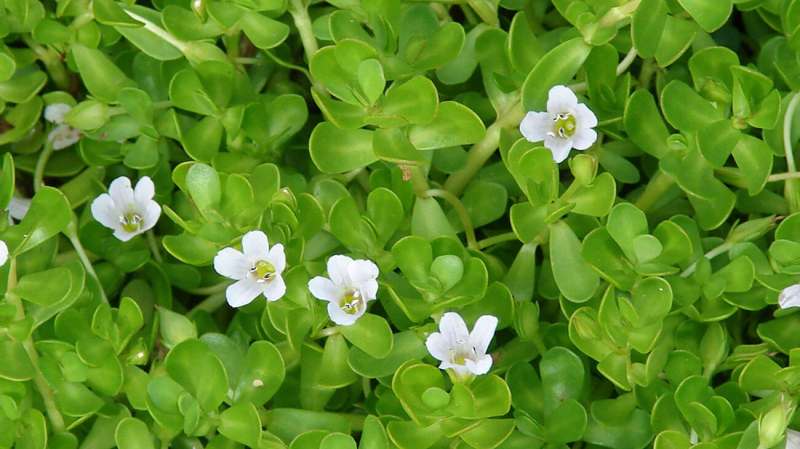
Bacopa Monnieri 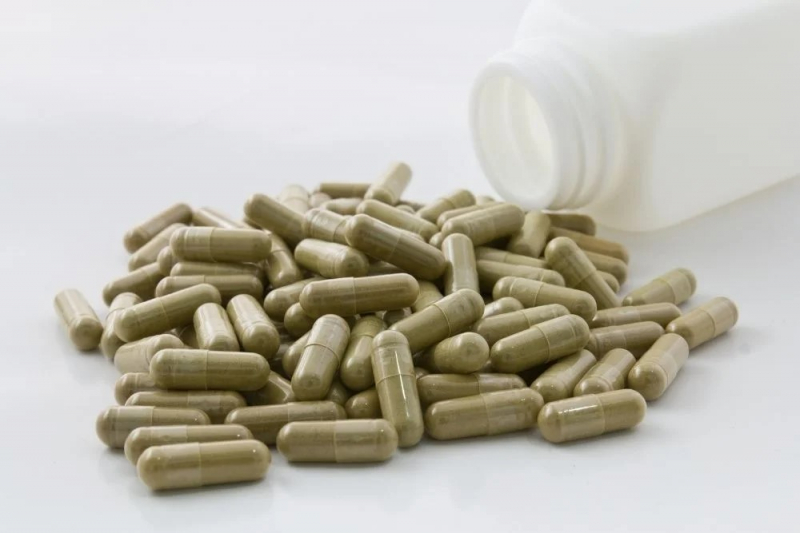
Bacopa Monnieri -
A supplement called Rhodiola rosea is produced from the plant Rhodiola rosea, which is frequently used in Chinese medicine to support mental and physical health. Rhodiola rosea is also known as golden root and arctic root. It is known to improve cognitive function, enhance memory and learning, and protect the brain.
It is claimed to lessen tiredness and help to enhance brain thinking. There is evidence that those who use Rhodiola rosea experience less tiredness and improved cognitive performance. However, results have been mixed. According to a recent review by the European Food Safety Authority (EFSA), further studies are necessary before researchers can determine if Rhodiola rosea might reduce tiredness and boost brain function.

Rhodiola Rosea 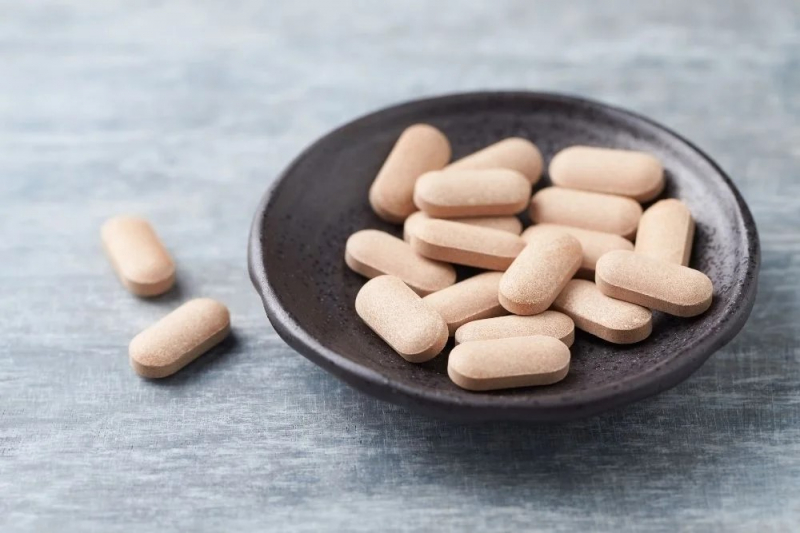
Rhodiola Rosea -
Your body naturally produces a chemical called S-Adenosyl Methionine (SAMe). It helps produce and break down brain chemicals, such as serotonin, melatonin, and dopamine.
It could help some antidepressants work better and lessen the loss in brain function that depression patients experience. According to one study, patients who had previously not responded to therapy had a 14% higher chance of remission when SAMe was added to their antidepressant medication. More recently, one research discovered that SAMe could occasionally be just as helpful as certain antidepressant medications. However, there is no evidence that this supplement benefits people who don’t have depression.
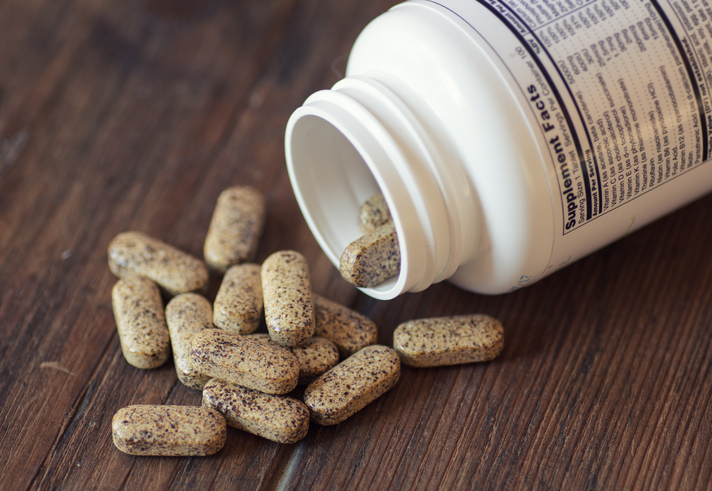
S-Adenosyl Methionine 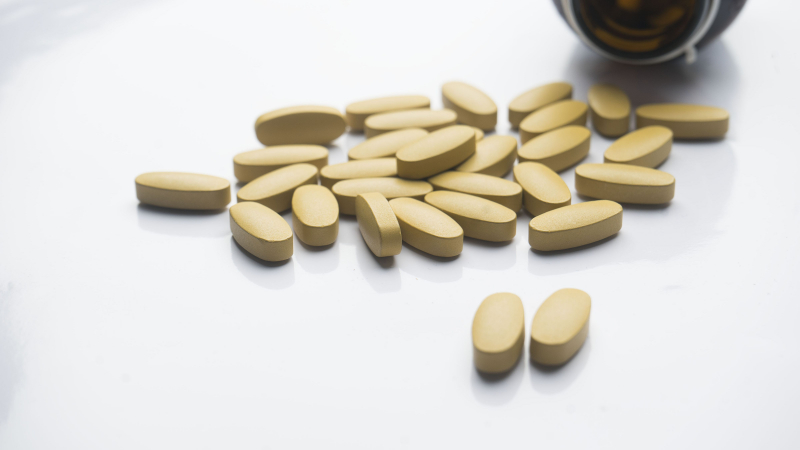
S-Adenosyl Methionine












